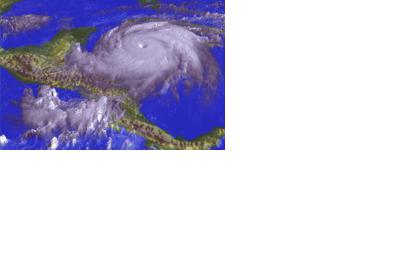Honduran and Colombian authorities participated in an exchange of knowledge to reduce disaster risk. Representatives from national and municipal authorities from both countries did a study visit in Colombia, preparatory sessions and workshops to share their experience.
As Honduras is one of the countries that is most affected by climate change and disasters triggered by natural hazards the Honduran government wants to adopt a more proactive disaster risk management (DRM) approach, and therefore increase their knowlegde and capacity on how to incorporate risk reduction and prevention into overall development.
Colombia, on the other hand, has established itself as a role model in implementing a comprehensive DRM strategy, including technical assistance to municipalities. The South-South exchange provides a substantial increase in the knowledge and skills on how to consolidate policy and institutional frameworks with an integral emphasis on natural hazards.
Arlette Morales, Director of Prevention Management, COPECO, which also participated in the exchange affirms that thanks to “our nationwide presence, we can replicate some of the practices that we have learned. It is important that countries that share similar characteristics be able to share best practices and also those that have not been so good because you also learn from failure.”

